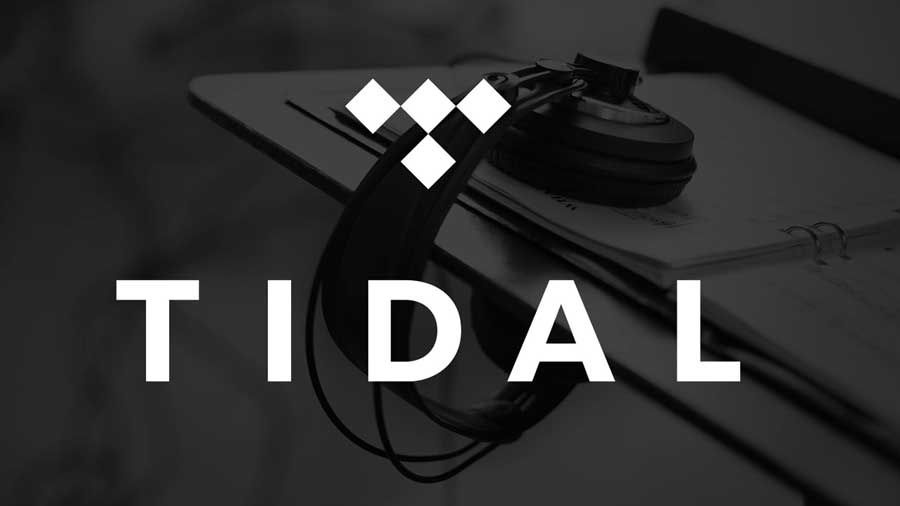
Worrying times at TIDAL. Just two weeks after layoffs were reported at the streaming platform, it now transpires that its pool of funding is set to decline.
In a public letter to shareholders published late last week, the owner, tech firm Block, announced it would be "scaling back" investment in TIDAL. Block, which also owns payments brands Square and Cash App as well as banking app Spiral, said it plans to concentrate resources on its cryptocurrency ventures, which include a bitcoin wallet and a bitcoin mining initiative.
This comes after a leaked internal email from Block CEO Jack Dorsey suggested that redundancies were on their way. Dorsey said in his message to staff that TIDAL needed to "part ways with a number of folks and start operating like a startup again," meaning departments must function with "much smaller teams."
Dorsey also stated that product management and product marketing functions will be "removed" entirely. In addition to this the size of the design team and "foundational roles" will be reduced. "We will consider reducing engineering over the next few weeks as we have more clarity around leadership going forward," the email continued. It remains unclear how many jobs will be lost. Just last December TIDAL announced an initial wave of redundancies, with over 10% of its workforce losing their jobs.
It seems to end any remaining hopes that TIDAL could one day grow to become an artist-friendly high-quality rival to Spotify.
TIDAL was launched at a truly star-studded press conference in 2015, which brought together A list artists from all genres, from Jay Z and Beyonce to Jack White and Coldplay. It was positioned as being ‘artist-owned’, though the total equity owned by artists only ever came to 48%, a minority stake. It was more expensive than Spotify but its main draw was better audio quality, as well as the ability to draw upon exclusive artist content, playlists and suchlike.
Over the last decade, it’s gradually become clear that that’s simply not enough to make a dent in Spotify’s enormous market share. Punters simply aren’t bothered enough about audio quality and don’t care about the notoriously tiny amounts Spotify pays out to its artists. Plus Spotify has had half a decade’s start on TIDAL in the US and longer in Europe; time to build up a large loyal customer base that has been understandably reluctant to fork out for a second streaming subscription during a decade of austerity during which many belts have been tightened.
Where TIDAL goes from here is uncertain, but the distant dream of one day usurping Spotify is over.







